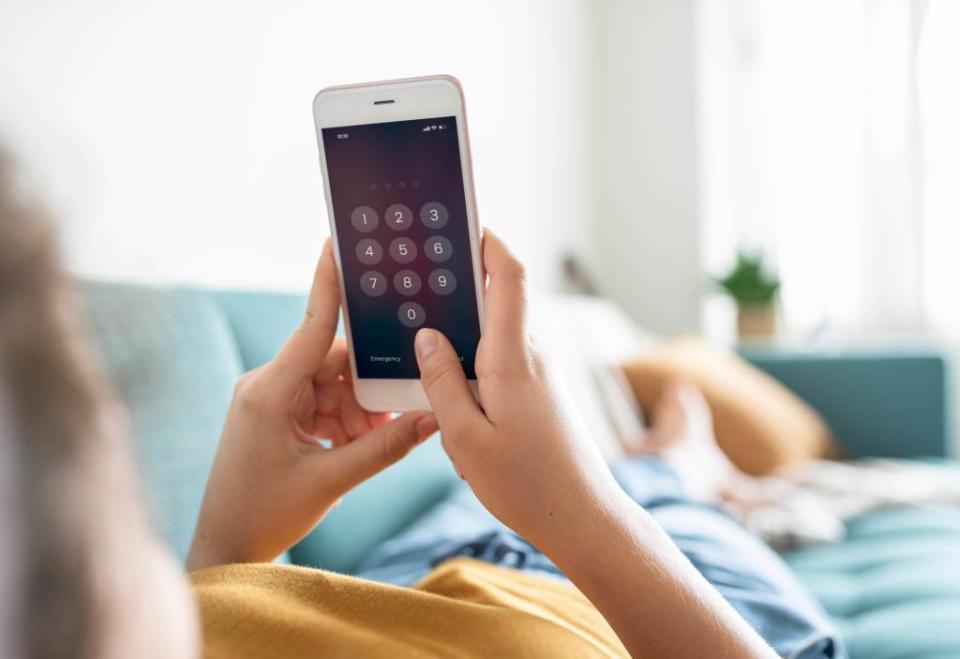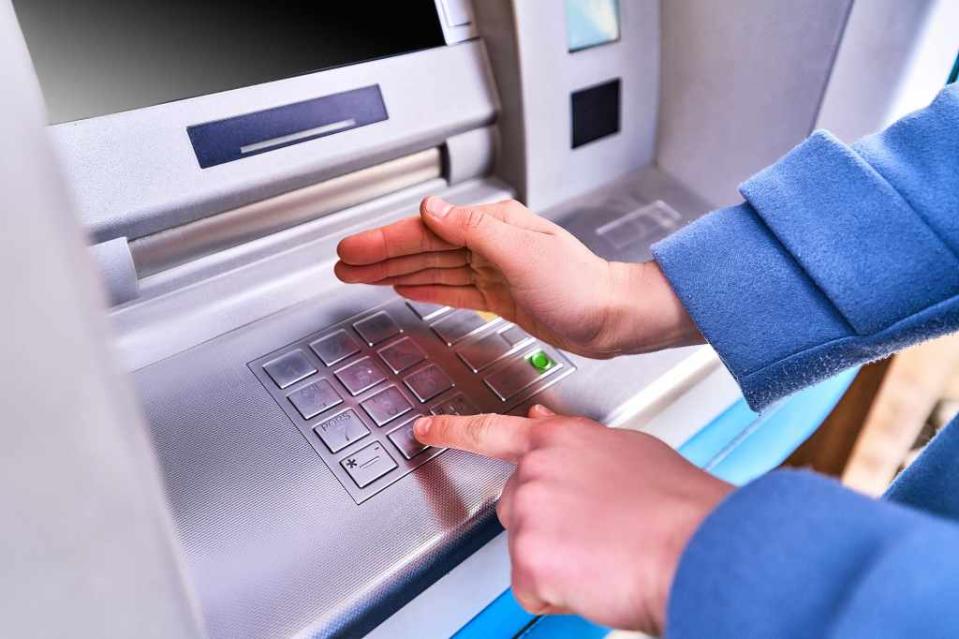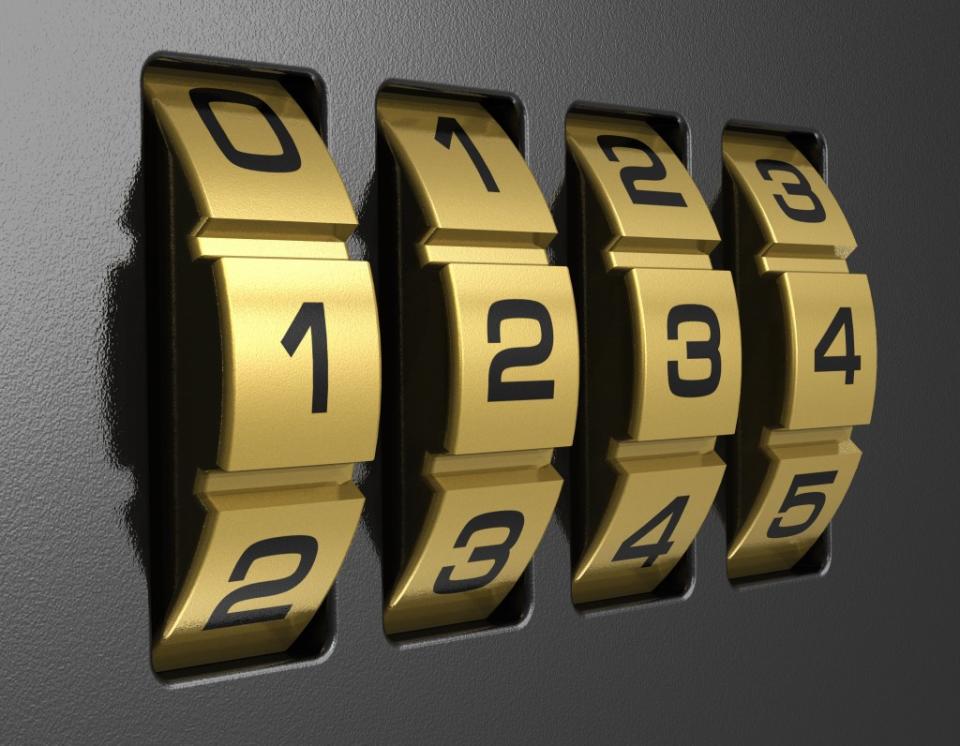These are the 10 most common 4-digit PIN numbers — are you at risk of a cyberattack?

This pin might make you an easy target.
Many people have difficulty selecting and remembering a passcode, especially when it involves four-digit pins.
But if you plan to default to something as easy as 1-2-3, you might want to rethink making that your password.
A new cybersecurity study revealed the most popular pins people use that could result in your account being hacked.

It comes as no surprise that the most popular PIN used was “1234,” according to “Information is Beautiful.”
The report analyzed the most and least common four-digit pins that are exposed in data breaches using data from “Data Genetics.”
“People continue to use PIN codes that are commonly used or those that are related to them and [are] easily accessible, such as dates of birth,” Global cybersecurity advisor Jake Moore told the Daily Mail.
Other well-known password pins include “1111,” “0000,” and “1212.”
The results found that out of the 3.4 million pins examined, many people incorporated simple patterns in their security code.
The most common four-digit pins:
1234
1111
0000
1212
7777
1004
2000
4444
2222
6969

The least common four-digit pins:
8557
8438
9539
7063
6827
0859
6793
0738
6835
8093
The ESET cybersecurity expert advises people to avoid simple passcodes, which can make them easy targets for cyberattacks.
“People put themselves at risk by having weak passwords and PIN codes and often do not fully understand the threat until they are compromised,” Moore added.
Skilled hackers can crack one-third of 61 passcode guesses, and if given 426 chances, they can gain access to 50% of the accounts.
Even if there is a limitation on password attempts, a hacker has a 20% chance of getting into an account within five attempts.
Moore, a cybersecurity maven, recommends avoiding using birth years, personal information and repeated passwords to protect personal accounts, including social media.
“By using simple or easy-to-guess passcodes, it enables attackers to target people more easily,” Moore said.

However, users should remember that four-digit passcodes have 10,000 possible combinations, so be mindful and strategic about the PIN you choose.
Even with extra precaution, passcodes still have a chance to be hacked which is why tech gurus encourage using password managers which safely protect personal information.
“Password managers offer all the security for when such information cannot always be remembered, plus they can help generate completely random codes so you don’t rely on your birthday or anniversary,” Moore concluded.

